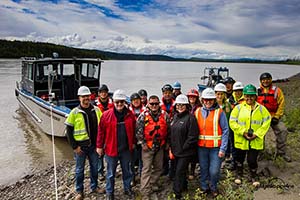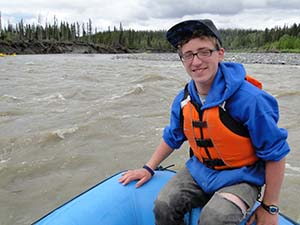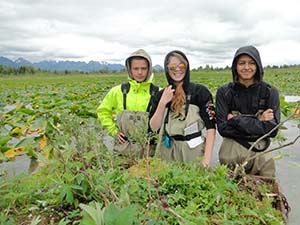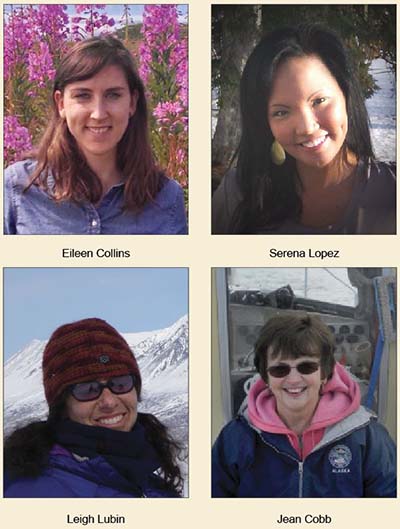Over the summer, the council said goodbye to two staffers and welcomed two new staff members to take their place.
Online Observer
What’s in an oil spill contingency plan? Prevention and response and the essence of preparedness
From the executive director:

It’s fall now in Alaska. You can feel it in the air. You can see it in the new snow deposited on the mountain peaks after the rain clouds clear away. Commercial and recreational salmon fisheries are over for the year and in Valdez, the RV parks, hotels, and restaurants are emptying out. Suddenly, there is ample parking at the harbor. With the visible end of summer and the beginning of fall, there is a certain seriousness and palpable urgency to preparations for winter. In Valdez, we receive an average of 27 feet of snow per year, and wind speeds can run into the triple digits during storms. Only the foolhardy go into the winter season unprepared.
Powerful new vessel joins oil spill response fleet
From Alyeska:

The Yukon Responder is Alyeska’s newest oil spill response vessel and it is a beast with a 34-foot hull, 12-foot beam, twin Yamaha 250hp outboard motors, 300-gallon fuel tank, seating for 12, and a weight capacity of 7,000 lbs. This vessel is different from other TAPS response vessels in that it is a twin screw catamaran, specifically designed for river response but fully capable of operating in Prince William Sound.
Alaska students reflect on effects of oil spills
This summer, ten students embarked on the 2014 Copper River Stewardship Program, taking 8 days to explore the Copper River watershed via raft, canoe, feet, van and ferry. Through this program, the Copper River Watershed Project wanted to help youth see themselves as active members of a united watershed community. A common theme of the program is “we all live downstream,” –what happens in any part of the watershed affects the whole.
The program taught the students about the 1989 spill, the ecological aftermath, and how it influenced communities, the industry, and the politics of the region. Students worked with guest teacher Jack Dalton to write “creative non-fiction” capturing their experiences and impressions. The following are excerpts from students.
–Kate Morse, Copper River
Watershed Project

“The point of this program to me is that we need to keep the land, and especially the watershed, pristine. It’s simple things like picking up trash or big things like trying to clean up the Exxon Valdez oil spill.”
-Takodah Veach, Copper Center

